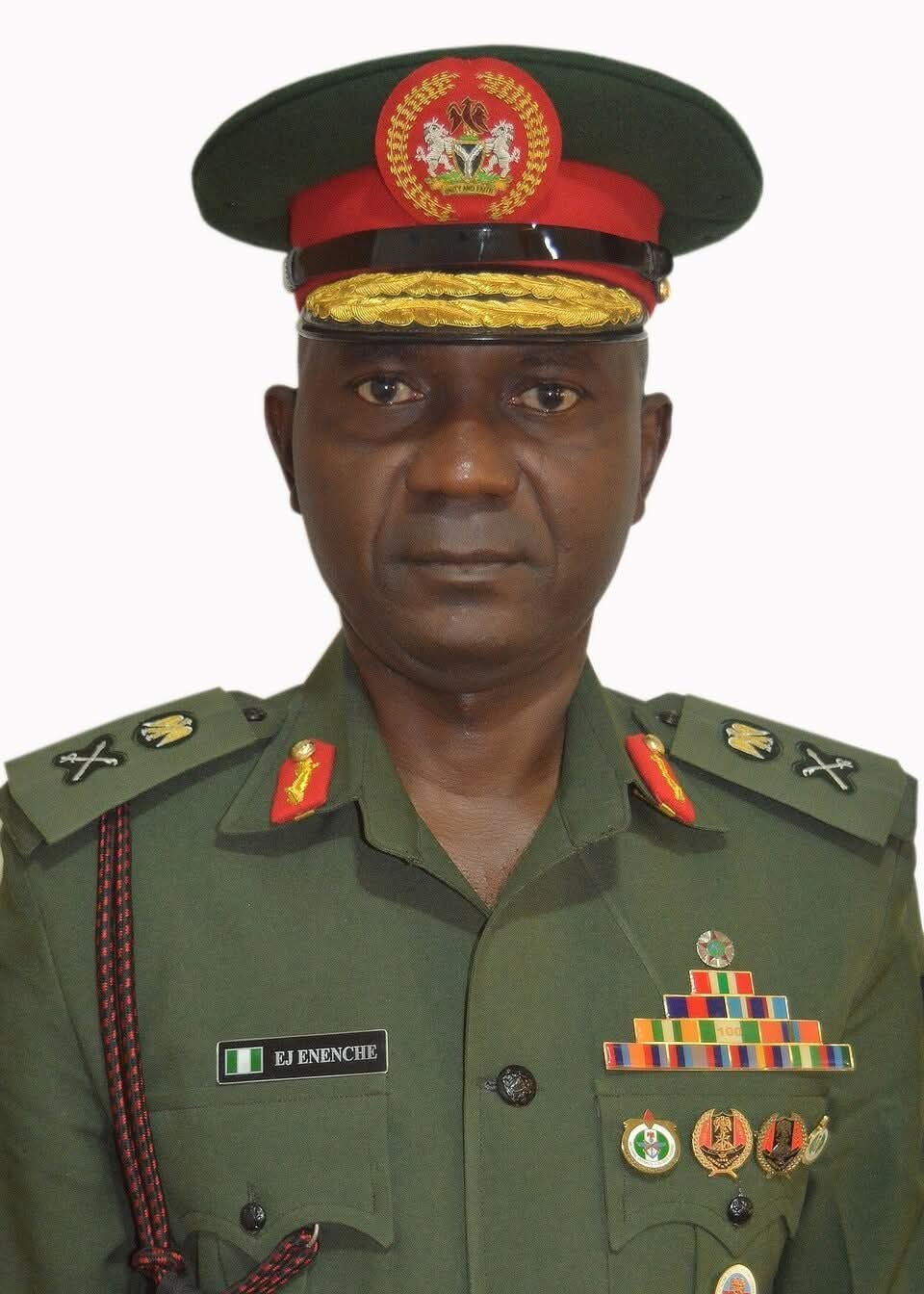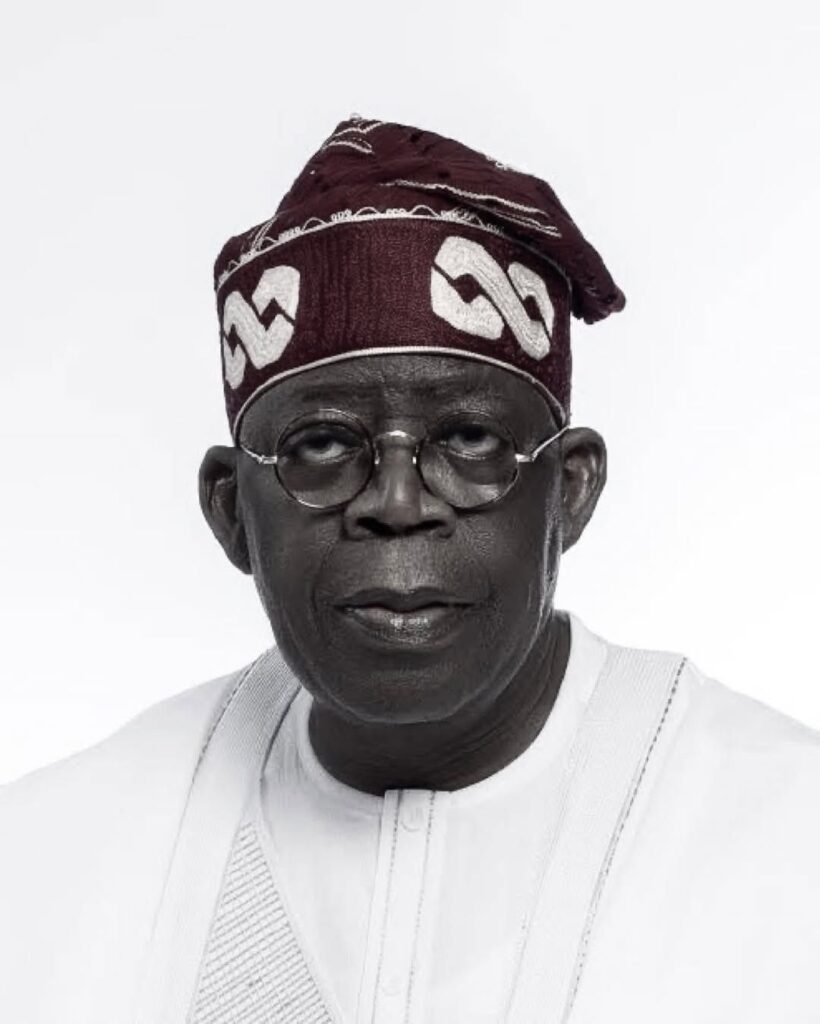News
Nigerians And The Failed Coup In Turkey By Reuben Abati
Nigerians know what it means to have a constitutional order derailed by military intervention. Between 1960 and 1999, Nigeria moved from one form of military rule to another, characterized by obstinacy, and absolutism, experiencing only short spells of civilian rule. Similarly, the military in Turkey have since 1960 intervened directly at least four times (1970, 1971, 1980, 1997). And in all instances, the Turkish coup plotters always claimed that their role was to restore order and stabilize the country. This is a rhetoric that is quite familiar to Nigerians. Every military coup is justified on messianic grounds. In the latest onslaught in Turkey, the plotters claim they want to establish a “Peace Council.”
Between 1993 and 1999, Nigerians fought the military to a standstill, insisting on a definite return to civilian rule and the institutionalization of democracy. Sixteen years later, the democratic spirit is well established among the people, if not the Nigerian leadership elite. The people have seen what a demonstration of people power can achieve: they used it to get the military out of power, they relied on it to insist that the Constitution be respected and obeyed when a President died in office and certain forces did not want his successor to get into office, and again, they have seen people-power at work in removing a sitting government from power. Right now in Nigeria, to toy with this power of the people in any form is to sow the seeds of organized mass rebellion.
Not surprisingly, in the past few years, every display of the people’s supremacy in other parts of the world has attracted either interest or a copy-cat instinct among Nigerians. First, there was the Arab Spring, which resulted in calls for the Nigerian Spring, which later found expression in the politically motivated Occupy Nigeria protests of January 2012. And now from Turkey, the major point of interest for Nigeria has been in my estimation, how the people took to the streets to confront soldiers. The coup failed in Turkey because it lacked popular support. Turkey has for long been considered an embarrassment in Europe. A successful coup in 2016 would have put the country in a worse shape and done further damage to the country’s reputation. The people stood up for their country, not President Recep Tayyip Erdogan. They stood up for an idea: The idea of democracy. The three major political parties disowned the coup. Mosques called on the people to go to the streets and fight for democracy. Even Erdogan’s critics, including the Kemalists and the Glulenists, denounced the coup plotters. The images that came across were images of the police confronting the soldiers and disarming them (This was intriguing- can anyone ever imagine the Nigeria police protecting democracy: they would have since collected bribe from the coup plotters, there is massive corruption in Turkey too but their police fought for the nation). Ordinary citizens lay down in front of the coup plotters’ tanks and asked to be crushed; brave citizens disarmed the soldiers and took over the city squares.
It is the kind of bravery that Nigerians find surreal. The coup attempt in Turkey comes at a time when the civil society in Nigeria is beginning to lose the spirit to stand in front of tanks, and guns: the people have been battered to a point where their strongest protection is their power of the ballot and so the average Nigerian endures suffering, convinced that when again it is time to vote, no one can rob him or her of his power to choose. But the situation in Turkey reminds us of the kind of danger that any democracy, with troubled foundations can face, hence Nigerians ask if they too can be as courageous as the Turkish have been, with both Turks and the much abused Kurds, and other divided groups, uniting, momentarily, on one issue.
Not that Mr. Recep Tayyip Erdogan deserves the victory over the coup plotters, though. Outsiders, including Nigerians, consider him a bad guy; and even if he is still popular and blindly followed by the majority of his people, his 13-year record in office falls far short of standards. He came to office on the wave-crest of popular appeal. In Istanbul where he was a city mayor at a time, he remains immensely popular, and he is also probably the most popular leader, not in Europe, but the Arab world. Thrice, he and his party, the AKP, won nationally organized elections. But success soon got into Erdogan’s head, as he descended into the lower depths of arrogance and dictatorship. He started having issues with neighbours and allies.
He became undemocratic, shamelessly alienating civil society, the press and the judiciary. He is so temperamental and intolerant of criticism and alternative views, he is now surrounded mainly by sycophants and relatives. In his attempt to dominate everything and everyone, he became known as the “buyuk usta”, that is “the big master”, and of course, he now lives in a $615 million Presidential palace with 1, 150 rooms! In addition, he wants to acquire US-style executive Presidential powers and he is busy battling, real and imaginary enemies. He may have been saved by the people’s rejection of the coup attempt, but perhaps Erdogan has been saved more by his own cleverness. The coup attempt against his government was an amateur, unorganized effort. It lacked the support of the military command, which Erdogan had cleverly subjected to civilian control, and among whom he had built centres of personal loyalty. Over the years, he weakened the military and strengthened the police and the intelligence services. The coup plotters over-estimated their capacity and misread the people’s mood.
Their failure may embolden Erdogan and even make him more authoritarian: he is already sounding off about being in charge and dealing with the coup plotters (over 2,000 of whom have already been rounded up and arrested, even judges have been fired). But Turkey is in a very bad shape. Resentments run deep. There are deep fears about threats to the country’s secularism, and attempts to Islamicise the country. A paranoid Erdogan could worsen the situation. Both the United States and the European Union should take a keen interest in what happens in Turkey after the coup attempt, to ensure that rather than dig deeper into authoritarianism, Erdogan would see the need to run a more open, inclusive and democratic government.
The coup may have failed, and democracy may have won, but whatever issues led to a group of ill-prepared soldiers taking the law into their hands cannot be wished away. To tell the truth, Recep Erdogan acts very much, in all respects, like an African leader in Europe – that probably explains the keen Nigerian interest. The key lesson, all told, is that the importance and survival of democracy relates to the importance of civic virtue, this is why leaders must rely not just on the people’s commitment to an idea, but must seek to make democracy work for all the people.
News
Anyone Opposing U.S. Strikes Is Nigeria’s Enemy or Profiting From Insecurity — Ex-General Enenche


A former Nigerian military general, Enenche, has described opposition to United States support and strikes against terrorists as unpatriotic, insisting that such resistance only aids insecurity or serves personal interests.
Reflecting on his experience in active combat zones over two decades ago, Enenche said he witnessed firsthand the human cost of insecurity. According to him, security goes beyond the battlefield, affecting human lives, the economy, and even cyber space.
“As a military man who fought in that area over 20 years ago, I saw with my own eyes the casualties, the rage and the devastation. When you talk about security, you are talking about human security, economic security, cyber security. It affects everyone,” he said.
He welcomed the United States’ decision to support Nigeria, describing it as a positive development for the country. Enenche referenced former U.S. President Donald Trump’s commitment to assist Nigeria, noting that such cooperation signals hope rather than danger.
“America has come out boldly to say, ‘We are going to help you’. President Donald Trump said they will assist Nigeria. For me, this is the beginning of good things to come for this country,” he stated.
The retired general criticized individuals who consistently oppose foreign support, accusing them of spreading fear and pessimism.
“Where some people see negatives, we should see positives. Those who constantly project fear and pessimism, I see them as enemies of this country,” he said.
Drawing comparisons with Nigeria’s past peacekeeping missions, Enenche questioned why similar objections were not raised when Nigerian troops intervened in countries such as Liberia, Sierra Leone, and Congo.
“Anytime Nigerians cooperate and act as a team, we get results,” he added.
He further clarified that while foreign allies may not deploy ground troops, Nigeria must still take responsibility for on-ground operations, with strong backing from state and local governments.
“They may not put boots on the ground, but we must do the foot-on-ground work. We must deploy the necessary resources, and that is where state governments and local governments must support this effort,” he said.
Highlighting the sophistication of recent operations, Enenche emphasized that the strikes were intelligence-driven and precise, targeting terrorist strongholds.
“Look at the capacity, look at the weapons used. Do we have that capability? This was intelligence-driven and precise. These terrorists do not want to be followed to their staging or assembly areas,” he concluded.
News
‘Give Them Their Money Directly’ — Tinubu Warns Governors Over LG Allocations
President Bola Ahmed Tinubu has issued a stern warning to state governors over the handling of Local Government (LG) allocations, insisting that funds meant for LGs must be paid directly to them in line with the Supreme Court judgment.
Speaking on Friday at the 15th APC National Executive Committee (NEC) meeting in Abuja, Tinubu stressed that the apex court has once again made its position clear, leaving no room for ambiguity. According to him, compliance is no longer optional, as the judgment is binding on all tiers of government.
“The Supreme Court has capped it for you again, saying, ‘give them their money directly’. If you wait for my Executive Order, because I have the knife, I have the yam, I will cut it,” the President said, adding that he has chosen to be patient and respectful with governors.
However, Tinubu warned that continued delay or refusal to implement the ruling would attract consequences, noting that enforcement could begin through FAAC disbursements if necessary.
Emphasizing the rule of law, the President said the ultimate authority remains the Supreme Court and its judgment must be obeyed without excuses.
“We have to comply. We have to respect the judgment,” he concluded.

News
Accord Party Welcomes Adeleke for 2026 Governorship Bid
The Accord Party in Osun State has indicated that Governor Ademola Adeleke would be granted a waiver if he decides to contest the 2026 governorship election under its platform.
Victor Akande, Chairman of Accord Party in Osun, told The PUNCH on Sunday that Adeleke or his aides have not formally approached the party, describing speculation about a potential defection as “mere rumours.”
Accord Party has emerged as a possible platform for Adeleke’s re-election amid internal tensions in his current party, the People’s Democratic Party (PDP).
Akande said the party already has two aspirants for its ticket in the August 8, 2026 election but would welcome Adeleke if he chooses to join.
“The issue of Governor Adeleke is still a rumour. I have not met with anyone from the government about this. Accord Party is not the only option being speculated for his defection, but if he comes, we will receive him wholeheartedly,” Akande stated.
He added, “Our doors are always open. People are free to join or leave at any time. If Adeleke comes, he will receive a waiver to contest just like any other aspirant. Currently, two individuals have shown interest in running under our platform, though they have not made financial commitments yet.”


-

 News2 years ago
News2 years agoHardship: We Plan To Establish A National Commodity Board To Crash Food Prices – VP Shettima
-
News8 years ago
Blog Reader; Samson Osagiede Celebrates Fiancè Benedicta Daniels’s Birthday With Sweet Words
-
Home9 years ago
News Channel claims Donald Trump is an orphan from Pakistan,share alleged childhood photo
-
Home9 years ago
Another $175m Found in Patience Jonathan’s wife’s firm’s Bank Account
-
Home9 years ago
Oil Spillage: House of Reps Member Shares Photos of the Water her Constituents Drink .
-
Home9 years ago
Zara Buhari & Ahmed Indimi’s Wedding Access Card
-

 Sport7 years ago
Sport7 years agoModric, Marta Wins 2018 FIFA Best Player Of The Year Awards ⚽️
-
News8 years ago
The Best Video You’ve Seen Today?

